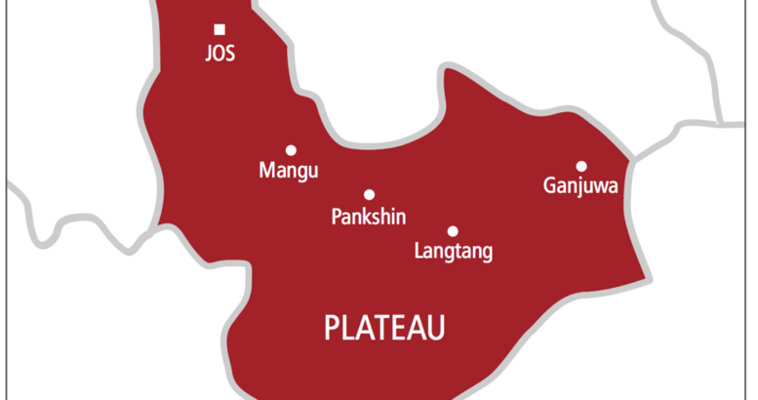Recent heavy rainfall in Langtang South Local Government Area of Plateau State, Nigeria, has caused significant devastation, displacing residents and destroying over 80 houses. The torrential rains began late Friday and persisted into early Sunday, leading to widespread flooding, particularly in Sabo Gari, where numerous households were rendered homeless. Eyewitness accounts from residents, such as Mr. Nandul Solomon from Angwan Bwarat in Sabon Gida community, express the severe impact of the flooding. Many families are now left without shelter and are seeking refuge wherever they can find it, leading to confusion and panic among the affected populace.
Fortunately, while the flood has wreaked havoc on property and living conditions, it surprisingly did not claim any lives. Solomon emphasized the sheer magnitude of the flooding, highlighting the challenges faced by displaced persons who are reliant on friends and family for shelter. Community leaders like Mr. Yintim Nimilam are calling for urgent governmental assistance, lamenting the unfortunate circumstances that have beset their community. The lack of immediate aid has exacerbated the problem, leaving many struggling to navigate their dire situations. The local leadership’s plea underlines the necessity for swift government responses in emergencies to mitigate the suffering of residents.
Efforts to reach the Plateau State Emergency Management Agency for comments on the flooding have been unsuccessful, as communications with the agency’s Executive Secretary, Sunday Abdu, went unanswered. This absence of communication raises concerns about the level of preparedness and responsiveness from local authorities in the face of such stark challenges. The lack of a coordinated response amidst the calamity speaks to the need for improved emergency management frameworks to ensure timely assistance to affected communities. The situation serves as a critical reminder of the vulnerabilities faced by these populations in the wake of natural disasters.
In parallel, the Kwara State Government has issued safety advisories to residents living near riverbanks amid recent persistent rains that have also initiated flooding concerns. The state’s Commissioner for Environment, Nafisat Buge, has urged residents to relocate to higher ground to mitigate risks. She offered reassurance that the flooding issues were temporary and linked the intense weather patterns to broader global phenomena, including climate change and human activities. This acknowledgment of the interplay between local experiences and global environmental challenges highlights the complexity of disaster management in the face of climate variability.
Further measures are being taken by the Kwara State Government to manage the flooding crisis, which includes dredging rivers and enhancing drainage systems. Buge indicated a multifaceted approach to mitigating flooding through waste management improvements, public education campaigns, and infrastructure development. These initiatives reflect a government actively seeking to reduce the impact of flooding and improve environmental sustainability. The health and safety of residents are being prioritized, and ongoing advocacy around environmental awareness signifies a proactive stance in addressing future risks.
Local governments and agencies are urged to exercise vigilance in maintaining clear communication with their communities, especially during emergencies. The advice provided by the Kwara State officials underscores a collective responsibility among residents to contribute to flood mitigation by observing environmental recommendations and alerting authorities to potential hazards. Ultimately, these events underscore the importance of collaborative and strategic responses to natural disasters, where both governmental and community efforts are essential in achieving resilience and sustainability in the face of increasingly unpredictable climatic events.














